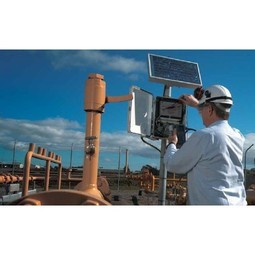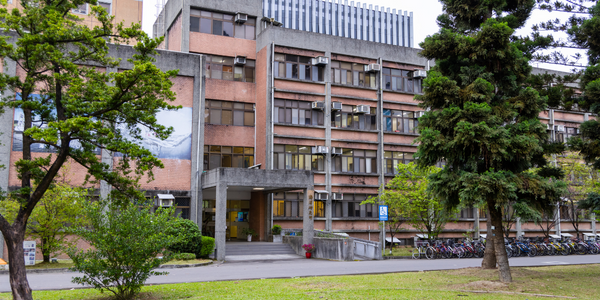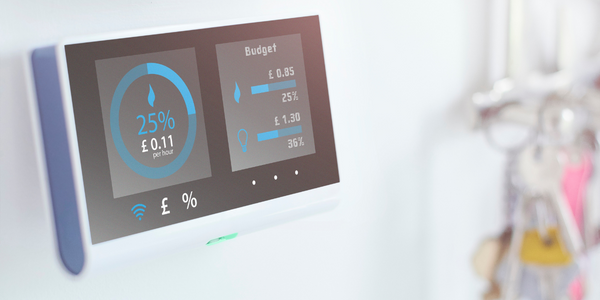Technology Category
- Infrastructure as a Service (IaaS) - Private Cloud
- Platform as a Service (PaaS) - Application Development Platforms
Applicable Industries
- Buildings
- Utilities
Use Cases
- Additive Manufacturing
- Cybersecurity
Services
- Cloud Planning, Design & Implementation Services
- System Integration
About The Customer
Socomec is a hundred-year-old, family-owned company based in France that delivers innovative power solutions. The company has over 3,600 employees, twelve manufacturing sites, and over 28 subsidiaries. Socomec’s edge and cloud solutions are used by enterprises all over the world. The company specializes in providing low-voltage energy installations, from equipment to monitoring, where energy is critical – robust and ultra-reliable solutions for buildings like datacenters, solar plants, utilities, and hospitals. As an active player in the energy transition, Socomec focuses on energy efficiency, renewables, smart grids, and smart buildings.
The Challenge
Socomec, a century-old, France-based company specializing in innovative power solutions, was seeking to create additional value for its customers by implementing increasingly complex and sophisticated power setups. The company's specialty lies in providing low-voltage energy installations for critical energy buildings like datacenters, solar plants, utilities, and hospitals. However, simply meeting customers’ power needs wasn’t enough for Socomec. The company aimed to provide solutions that would enable customers to elevate their businesses to the next level of performance and efficiency. This required the implementation of intricate power setups and services, involving detailed processes such as governance, project management, change management, architecture, integration, and cybersecurity. To achieve this, Socomec decided to collaborate with an open ecosystem of experts and partners, allowing it to focus internal resources on its core competencies.
The Solution
Socomec partnered with Altair, leveraging its expertise to integrate and deploy an IoT solution that would enhance Socomec’s products and services. Altair provided the SmartWorks™ platform, an open platform with features accessible through an API for easy application development. The platform can be installed in a private cloud and is scalable, ready to handle large amounts of future data. The SmartWorks platform was hosted in Socomec’s own private cloud and was used as an accelerator to build connected services for Socomec’s customers. This partnership transformed Socomec from a manufacturing business to a service-oriented solution provider. Socomec has already completed future-minded projects for customers, including connecting uninterruptible power supplies (UPS) in the cloud using the SmartWorks platform. Socomec services are layered on top of the platform and are available through a mobile app, allowing customers to get live access and UPS status.
Operational Impact
Quantitative Benefit

Case Study missing?
Start adding your own!
Register with your work email and create a new case study profile for your business.
Related Case Studies.

Case Study
IoT Solutions for Smart City | Internet of Things Case Study
There were several challenges faced: It is challenging to build an appliance that can withstand a wide range of voltage fluctuations from as low at 90v to as high as 320v. Since the device would be installed in remote locations, its resilience was of paramount importance. The device would have to deal with poor network coverage and have the ability to store and re-transmit data if networks were not available, which is often the case in rural India. The device could store up to 30 days of data.

Case Study
Automation of the Oguz-Gabala-Baku water pipeline, Azerbaijan
The Oguz-Gabala-Baku water pipeline project dates back to plans from the 1970’s. Baku’s growth was historically driven by the booming oil industry and required the import of drinking water from outside of the city. Before the construction of the pipeline, some 60 percent of the city’s households received water for only a few hours daily. After completion of the project, 75 percent of the two million Baku residents are now served around the clock with potable water, based on World Health Organization (WHO) standards. The 262-kilometer pipeline requires no pumping station, but uses the altitude differences between the Caucasian mountains and the capital to supply 432,000 m³/d to the Ceyranbatan water reservoir. To the people of Baku, the pipeline is “the most important project not only in 2010, but of the last 20 years.”

Case Study
GPRS Mobile Network for Smart Metering
Around the world, the electricity supply industry is turning to ‘smart’ meters to lower costs, reduce emissions and improve the management of customer supplies. Smart meters collect detailed consumption information and using this feedback consumers can better understand their energy usage which in turn enables them to modify their consumption to save money and help to cut carbon emissions. A smart meter can be defined in many ways, but generally includes an element of two-way communication between the household meter and the utility provider to efficiently collect detailed energy usage data. Some implementations include consumer feedback beyond the energy bill to include online web data, SMS text messages or an information display in consumers’ premises. Providing a cost-effective, reliable communications mechanism is one of the most challenging aspects of a smart meter implementation. In New Zealand, the utilities have embraced smart metering and designed cost effective ways for it to be implemented. The New Zealand government has encouraged such a move to smart metering by ensuring the energy legislation is consistent with the delivery of benefits to the consumer while allowing innovation in this area. On the ground, AMS is a leader in the deployment of smart metering and associated services. Several of New Zealand’s energy retailers were looking for smart metering services for their residential and small business customers which will eventually account for over 500,000 meters when the multi-year national deployment program is concluded. To respond to these requirements, AMS needed to put together a solution that included data communications between each meter and the central data collection point and the solution proposed by Vodafone satisfied that requirement.

Case Study
Energy Saving & Power Monitoring System
Recently a university in Taiwan was experiencing dramatic power usage increases due to its growing number of campus buildings and students. Aiming to analyze their power consumption and increase their power efficiency across 52 buildings, the university wanted to build a power management system utilizing web-based hardware and software. With these goals in mind, they contacted Advantech to help them develop their system and provide them with the means to save energy in the years to come.

Case Study
NB-IoT connected smart meters to improve gas metering in Shenzhen
Shenzhen Gas has a large fleet of existing gas meters, which are installed in a variety of hard to reach locations, such as indoors and underground, meaning that existing communications networks have struggled to maintain connectivity with all meters. The meter success rate is low, data transmissions are so far unstable and power consumption is too high. Against this background, Shenzhen Gas, China Telecom, Huawei, and Goldcard have jointly trialed NB-IoT gas meters to try and solve some of the challenges that the industry faces with today’s smart gas meters.

Case Study
British Gas Modernizes its Operations with Innovative Smart Metering Deployment
The UK government has mandated that smart meters are rolled out as standard across Great Britain by end of 2020, and this roll-out is estimated to create £14 billion in net benefits to the UK in consumer energy savings and lower energy generation demand, according to the Oxford Economics report, “The Value of Smart Metering to Great Britain.” While smart-metering systems have been deployed in many countries, the roll-out in Great Britain is unique because it is led by energy retailers, who have responsibility for the Electricity and Gas meters. The decision to have a retailer-led roll out was made by DECC (Department of Energy and Climate Change) to improve customer experience and drive consumer benefits. It has also led to some unique system-level requirements to support the unique local regulatory model.







